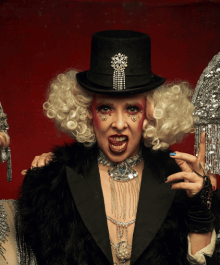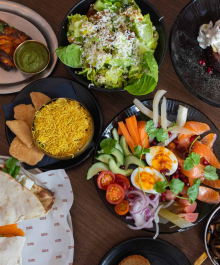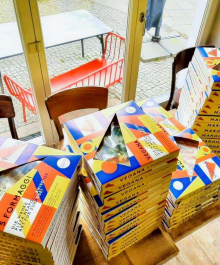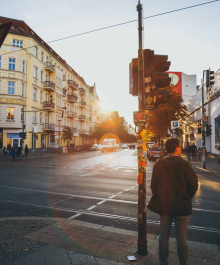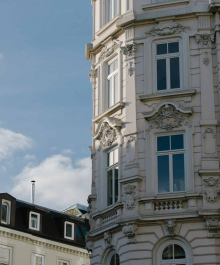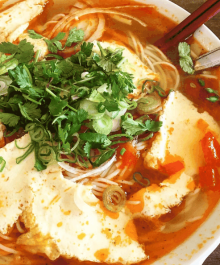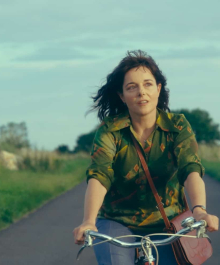
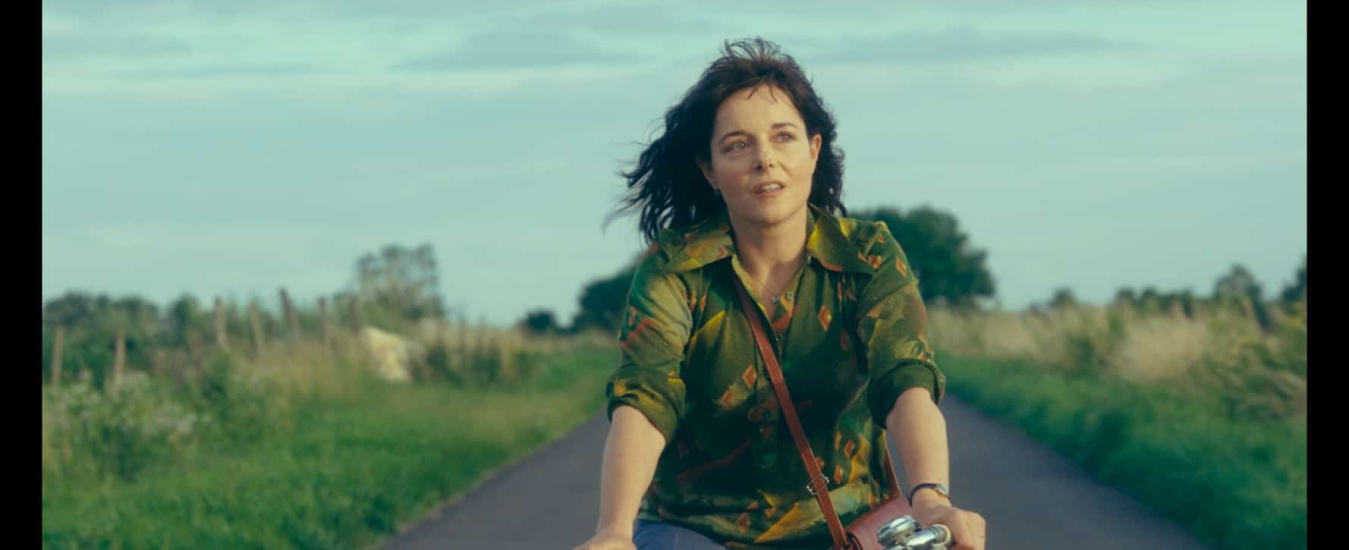
Filmfest FrauenWelten’s 23rd edition delivered a powerful line-up of thought-provoking documentaries and feature films. Here are our seven favourites from this year.
A post by Emel-Elizabeth Tuulik
FilmFest FrauenWelten serves as an unflinching testament to the resilience and plight of women worldwide, offering a compelling cinematic journey through the intricate complexities of their lived experiences.
Even in its 23rd year, it continues to grow – helped in part due to its move from Tübingen to Berlin in 2020, something which has raised the profile of the festival and made it more accessible for global and local cinephiles alike.
By shedding light on often overlooked narratives, the festival plays a pivotal role in igniting crucial conversations and fostering greater awareness about the pressing issues faced by women in today’s societies.
Here are my seven top picks for films screened at this year’s edition.
1. Unruly – an ominous island institution for young girls
In an era where atrocities against women still persist in many forms, “Unruly” (dir. Malou Reymann) emerges as a harrowing portrayal of the experiences faced by young Maren (Emilie Kroyer Koppel) in the middle of the 20th century.
Labelled as ‘morally retarded’ for enjoying things as simple as sex and jazz, she is banished to an institution on the small Danish island of Sprogø. There, they attempt to correct her, offering little hope of returning to civilized life. Based on true events, the striking narrative sheds light on the plight of countless women considered outcasts by society, raising crucial issues like reproductive rights and male-centric ethics. Between 1923 and 1961, more than 500 girls were sent to Sprogø.
2. Angry Annie – reproductive rights in 20th-century France
“Angry Annie” (dir. Blandine Lenoir) takes us to late 20th-century France, where Annie, a mother of two, gets pregnant but decides to not keep the child.
The film captures the resilience and unity of the female volunteers striving to provide medically-assisted abortions in a society where the procedure is outlawed.
Offering a compelling glimpse into the challenges faced by women in an era of limited reproductive rights, Annie’s story is an inspiring insight into an issue many societies still have to deal with today.
3. Elaha – Kurdish marriage traditions
“Elaha” (dir. Milena Aboyan) delves into the life of a 22-year-old Kurdish girl, Elaha, who grapples with the societal pressure to undergo hymen reconstruction before her marriage.
The film portrays the complex dynamics of Kurdish cultural norms, and the profound dilemma faced by Elaha as she begins to question the inherent double standards surrounding sexual purity and gender expectations within her community.
4. Feminism WTF – feminism deconstructed
Alongside feature films, the festival represented a fair amount of feminism-loaded documentaries about movements, presumptions and characters necessary to understand the feminism discourse. “Feminism WTF” (dir. Katharina Mückstein) provides a dynamic exploration of the feminist movement, delving into critical themes surrounding gender studies and societal prejudices.
From childhood experiences to structural biases, the film offers a harsh-yet-witty take on important societal conversations. Next to provocatively highlighting the stark differences in how society treats genders, it succeeds in declaring the inherent biases woven into our cultural fabric from a tender age.
5. Helke Sander: Aufräumen – pioneering female activists
“Helke Sander: Aufräumen” (dir. Claudia Richarz) presents the unyielding spirit of female activists. It serves as a powerful testament to the enduring legacy of Helke Sander, a pioneering female activist and filmmaker of the late 20th century.
The documentary takes its viewer on an insightful journey into the life and contributions of this influential figure, offering a stirring account of her unwavering commitment to championing women’s rights and shaping the discourse on gender issues in her era.
6. My Name is Happy – broken Kurdish dreams
“My Name is Happy” (dir. Nick Read and Ayse Toprak) sheds light on the pervasive mistreatment of women within Kurdish communities, unravelling the deeply-ingrained cultural norms that often restrict women’s agency and subject them to judgment and violence.
After encountering trauma, an aspiring singer, Mutlu Kaya, dedicates her life to finding a voice of her own to speak for the thousands of women killed each year in Turkey.
7. Koromousso, Big Sister – genital mutilation in Africa
“Koromousso, Big Sister” (dir. Jim Donovan and Habibata Ouarme) offers a poignant tale of African-Canadian women bravely challenging the cultural taboos surrounding female sexuality.
The documentary serves as a compelling testimony to their resilience as they reclaim ownership of their bodies and their right to experience pleasure, aiming to overturn traditional practices such as female genital mutilation.
Harsh but necessary truths
To me, feminism embodies the undisputable social and political movement that aims for equality for all genders. It’s a powerful force that seeks to tear down oppressive systems that hinder opportunities and rights based on gender. It’s often wrongly and radically interpreted, but its basic idea is the acknowledgement of the most basic human rights.
Harsh and necessary at the same time, the films shown at Filmfest FrauenWelten present the unwanted reality many communities are facing to this day. These hardships, obstacles and bare-faced discriminations must be truly acknowledged for progress to take place. In short, we cannot look away.
The films also help us to see a broader historical and ethnic context and be grateful for what we have, rather than what we lack, and work towards cultivating equal social and personal rights.
The festival takes place annually, so, for everyone who respects human rights, history and world-class cinema, this is the festival one to look forward to next year.
